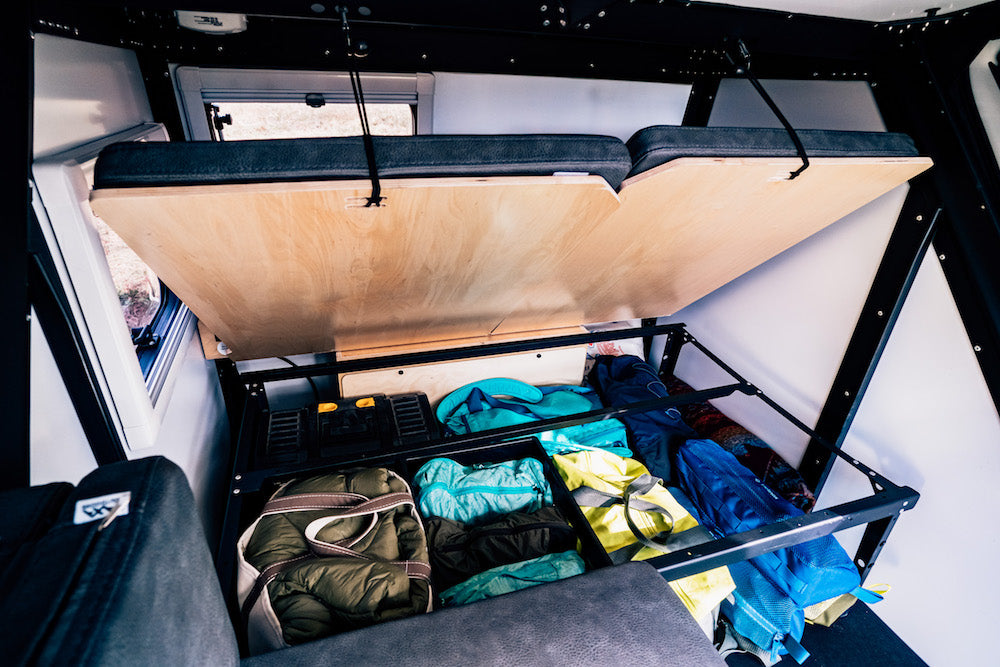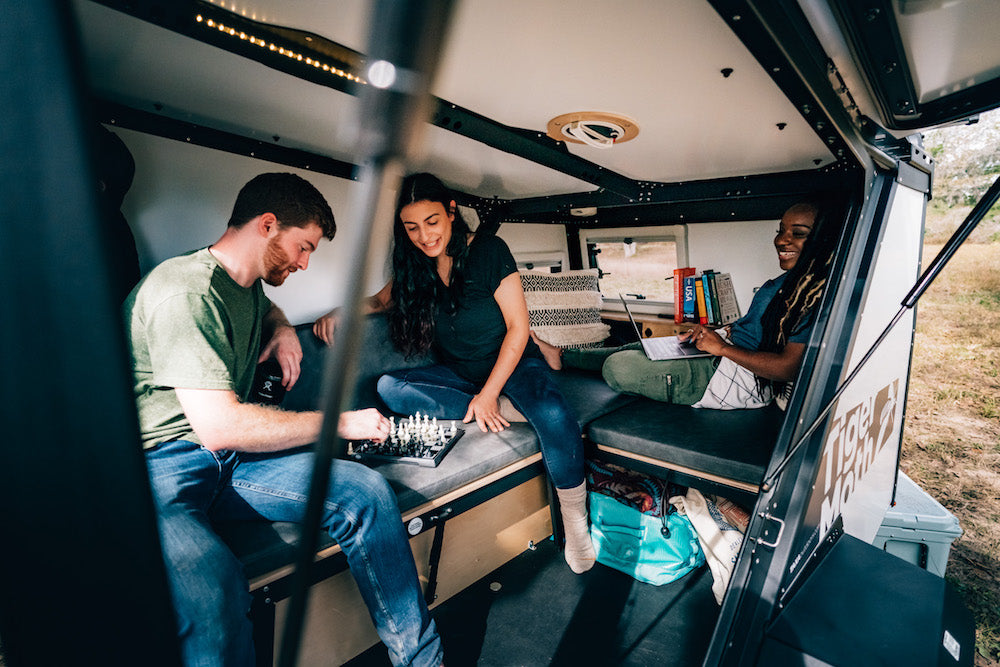Many consider dispersed camping to be the “true camping experience.” Exploring the wild and picking a spot to settle in for a night free of manmade interventions is challenging yet rewarding. With that reward comes additional responsibility.
Dispersed camping requires thought, care, and planning. It is certainly not a one-size-fits-all operation. Choosing a suitable habitat, taking necessary survival measures, and employing sustainability techniques are imperative for this type of adventure.
If you’re considering dispersed camping for your next trip, here are a few do’s and don’ts to keep in mind.
Do: Your Research on Dispersed Camping
While natural campsites are self-sustaining, human beings tend to have some some extra needs. You will want to devise solutions towards limiting your impact and navigating the environment in advance.
- Research the terrain. Make sure you have a durable surface on which to camp.
- Plan a bathroom strategy that avoids any water pollution risks.
Don’t: Expect Technology in Dispersed Camping
Some dispersed campsites still have a level of access to cellular service or amenities offered by nearby parks, but many do not. Approach your expedition as if you’ll be on your own.
- Get a paper map of the surrounding area.
- Bring adequate food, water, storage and/or waste containers.

Do: Put Safety First
While no one expects camping to jeopardize their health, it unfortunately happens sometimes. With limited or no assistance from park facilities, dispersed campers should take extra care to stay safe while out in the wild and have a plan if something does go wrong.
- Know your local wildlife risks. Avoid interference with animal habitats at all costs.
- Consult with local park or emergency services on the best way to seek immediate medical attention if needed.
Don’t: Break the Law
Just because a campsite is outside of a park’s direct jurisdiction does not mean there are no rules for staying there. In fact, many times dispersed campsites require compliance with more regulations than conventional camping.
- Know your local laws regarding waste removal, starting fires, and environmental impacts in general.
- Obtain a wilderness permit if necessary.
Do: Bring a Friend When Dispersed Camping
While this is not a hard and fast rule, it is heavily encouraged. Dispersed camping entails greater risk. Having at least one companion there to lend aid if something goes wrong is generally the right decision.
- We all make mistakes. Having a collaborator or two on a dispersed expedition will more than likely result in a successful adventure.
- If you do decide to go dispersed camping solo, please notify someone nearby that can lend assistance should a concern arise.

Don’t: Leave a Trace
This is your number one responsibility while dispersed camping. Your actions matter. Out of respect for the land itself not to mention future campers, act in an ethical manner that leads to sustainability.
- Plan ahead and prepare.
- Travel and camp on durable surfaces.
- Dispose of waste properly.
- Leave what you find.
- Minimize campfire impacts.
- Respect wildlife.
- Be considerate of other visitors.
For more information on how to follow these guidelines and spread awareness, visit Leave No Trace.


